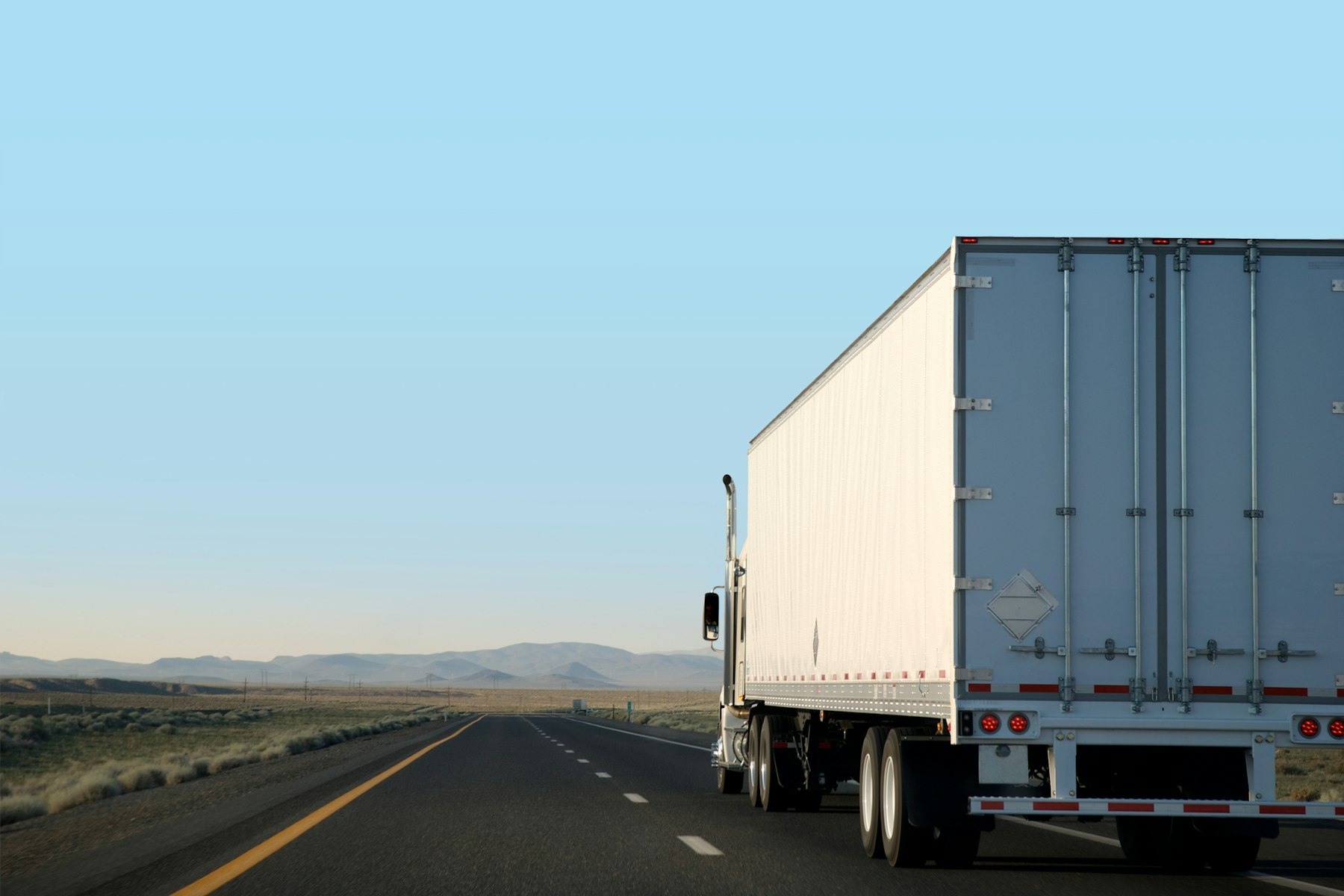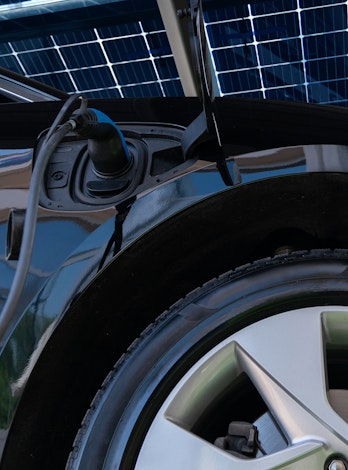Trucks & buses
Tailpipe CO2 emissions from heavy-duty vehicles have increase on average 2.2% annually since 2000. Trucks account for more than 80% of this growth. Vehicle efficiency standards, together with efforts to improve logistics and operational efficiency, are needed to slow growing emissions.
Read moreThe first step is to establish vehicle efficiency and CO2 emissions standards for HDVs. China, India, Japan, and the European Union have all established or extended existing standards, and Brazil, Mexico and South Korea are in various stages of developing policies as well.
Green Freight Programmes, which promote business and operational efficiency as well as efficient technologies and best practices, can complement such standards by provide further incentives for excellence in operational and technical efficiency.
Finally, while urban buses are primed to continue to be of the great success stories of rapid EV market uptake, finding alternatives to diesel in heavier truck segments will require dedicated policy efforts. Charting viable alternatives to diesel for heavy-duty trucks with regional and long-haul missions, which account for three-quarters of heavy-duty vehicle fuel consumption, will be particularly challenging.
Last updated Apr 26, 2023

Key findings
Electrification of road transport goes beyond cars and the ambition is growing
China continues to dominate production and sales of electric (and fuel cell) trucks and buses. In 2022, 54 000 new electric buses and an estimated 52 000 electric medium- and heavy-duty trucks were sold in China, representing 18% and 4% of total sales in China and about 80% and 85% of global sales, respectively. In addition, many of the buses and trucks being sold in Latin America, North America and Europe are Chinese brands.
Ambition with respect to electrifying heavy-duty vehicles is growing. In 2022, around 220 electric heavy-duty vehicle models entered the market, bringing the total to over 800 models offered by well over 100 OEMs. A total of 27 governments have pledged to achieve 100% ZEV bus and truck sales by 2040 and both the United States and European Union have also proposed stronger emissions standards for heavy-duty vehicles.
Electric bus registrations and sales share by region, 2015-2022
OpenHeavy-duty vehicles emissions need to peak rapidly to decline in the coming decade
However, given historical trends and the 2021 rebound, emissions from trucks and buses are set to continue increasing, reaching record levels in the coming years. More countries need to adopt, strengthen and harmonise heavy-duty vehicle fuel economy standards and zero-emission vehicle (ZEV) mandates. Adoption of electric and hydrogen fuel-cell electric heavy-duty vehicles (HDVs) is needed now to enable emissions reductions in the 2020s and 2030s.
CO2 emissions from trucks and buses in the Net Zero Scenario, 2000-2030
OpenAnalysis
-
Transitioning India’s Road Transport Sector
Realising climate and air quality benefits

-

Global EV Outlook 2023
-
As their sales continue to rise, SUVs’ global CO2 emissions are nearing 1 billion tonnes
-
Measuring energy efficiency progress in heavy duty vehicles
Part of Today in the Lab - Tomorrow in Energy?
-
Optimising fuels and engines to boost efficiency and performance
Part of Today in the Lab - Tomorrow in Energy?
-
The Future of Trucks
-
The untapped potential of energy efficiency
-
Bus Systems for the Future : Achieving Sustainable Transport Worldwide
Achieving Sustainable Transport Worldwide
Our work
Advanced Motor Fuels (AMF TCP)
The mission of the AMF TCP is to advance the understanding and appreciation of the potential of advanced motor fuels towards transport sustainability. This is achieved by providing sound information and technology assessments designed to facilitate informed and science-based decisions regarding advanced motor fuels at all levels of decision-making.
Clean and Efficient Combustion (Combustion TCP)
The Combustion TCP provides a forum for interdisciplinary exchange and enables international collaborative research to advance the understanding of combustion processes to: accelerate the development of combustion technologies that demonstrate reduced fuel consumption and have lower pollutant emissions in transportation, power generation, industry and buildings, and; generate, compile and disseminate independent information, expertise and knowledge related to combustion for the research community, industry, policy makers and society.
